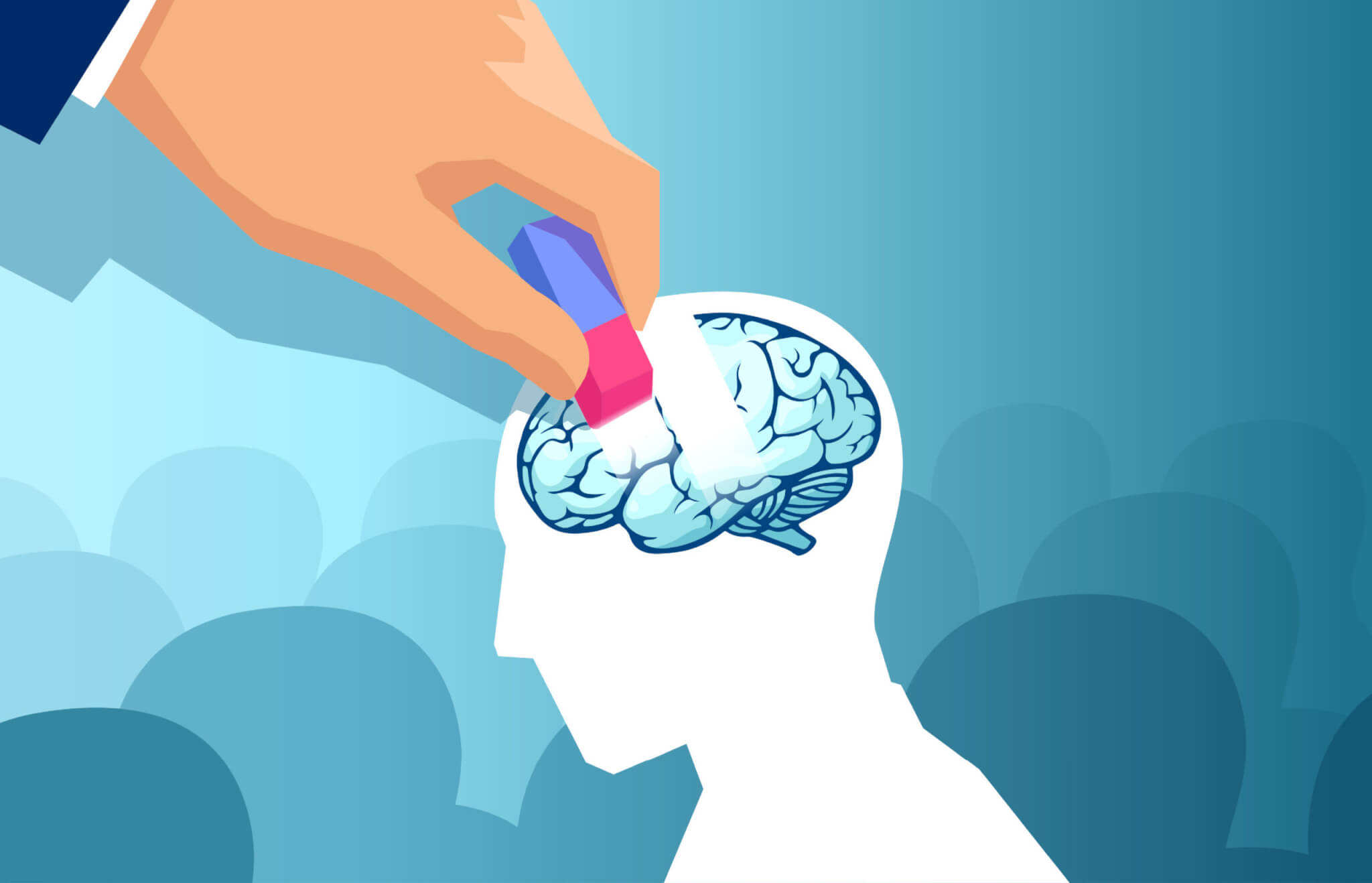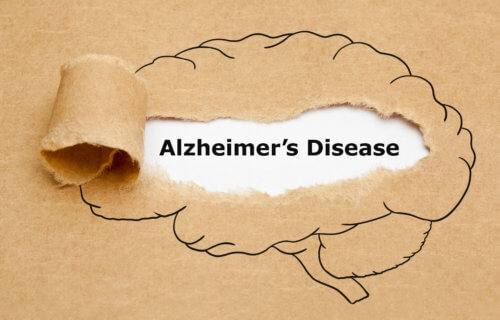AURORA, Colo. — In the ongoing battle against Alzheimer’s disease, researchers are continuously seeking breakthroughs to preserve memory and cognitive function until a cure is found. Now, researchers from the University of Colorado Anschutz Medical Campus have discovered that blocking one specific protein may stop the disease in its tracks.
Alzheimer’s disease is the most common form of dementia. It generally leads to the gradual loss of memory and cognitive abilities, with synaptic degeneration playing a key role in this process. Synapses are connections between nerve cells in the brain that facilitate communication, crucial for learning and memory. However, in patients with Alzheimer’s, these connections are damaged, leading to a decline in mental function.
The study, led by Tyler Martinez and Professor Mark Dell’Acqua, focused on inhibiting a protein called Mdm2 to prevent the destruction of synapses seen in Alzheimer’s disease. They found that by targeting Mdm2 with an experimental cancer drug called nutlin, they could stop the loss of dendritic spines triggered by harmful substances known as amyloid-b peptides.
“Cognitive impairments associated with AD correlate with dendritic spine and excitatory synapse loss, particularly within the hippocampus,” says the study’s senior author, Professor Mark Dell’Acqua, PhD, vice-chair of the Department of Pharmacology at the CU School of Medicine, in a university release.

Essentially, the brain’s ability to learn and retain memories is compromised when these synaptic connections are damaged. This new finding is significant because it offers a new approach to treating Alzheimer’s disease, one that targets the underlying cause of synaptic degeneration, instead of the symptoms of the disease.
Dendritic spines are protrusions on nerve cells that receive signals from other neurons. These signals are vital for memory formation and information processing in the brain. Therefore, preserving dendritic spines could potentially slow down or even halt the progression of Alzheimer’s disease.
While the study’s findings are promising, further research is still necessary to validate these results in animal testing and, eventually, human trials. However, if successful, drugs targeting Mdm2, like nutlin, could offer new hope for millions of people affected by Alzheimer’s disease.
The study represents a significant step forward in our understanding and treatment of Alzheimer’s disease. By protecting the connections between nerve cells in the brain, researchers may one day be able to preserve cognitive function and improve the quality of life for those living with this devastating condition.
The study is published in the journal eNeuro.

Just over 10 years ago my father-in-law passed away from Alzheimer’s here on Canada. To my husband’s shock he was diagnosed with early stage Alzheimer’s January 2024. Now I am fearful I will be losing my best friend and lover to this dreadful disease. He is not old only 67, but he is not hopeful that a drug such as Nutlin will have test trials available to him in the very near future. The development of any sort of cure or a way to slow down the brain degradation has been almost negligible in the past 20 years. So now I can only pray each night for my beloved husband he may still be with and we may hold each other when he is 90+ years old. I cry and can only hope a miracle comes our way. God bless.
Louise
Having lost my mother to Alzheimer’s 10 years ago I know what you could be facing and have seen it too often. There is nothing worse. If it is truly inevitable, line up a lot of support and take care of yourself too Doctors make mistakes and moving towards a healthier lifestyle can help a lot. Best of luck for you and your husband.
I have subscribed to, “The Blaylock Wellness Report” for many years. He is about as good as it gets for focusing on alternative brain health. He used to be a neurosurgeon. Now he is retired and focuses on educating and helping the public fight brain disease. If anyone knows the answers to maintaining a healthy brain it is Dr. Russell L. Blaylock. I highly recommend his newsletter. You will learn a lot about avoiding brain diseases of all kinds. https://www.blaylockreport.com